Project Funding Breathes New Life into Monitoring Greenland's Seafloor
23.11.2023The Greenland Climate Research Centre and the Greenland Institute of Natural Resources have received funding of DKK 17.2 million for ..
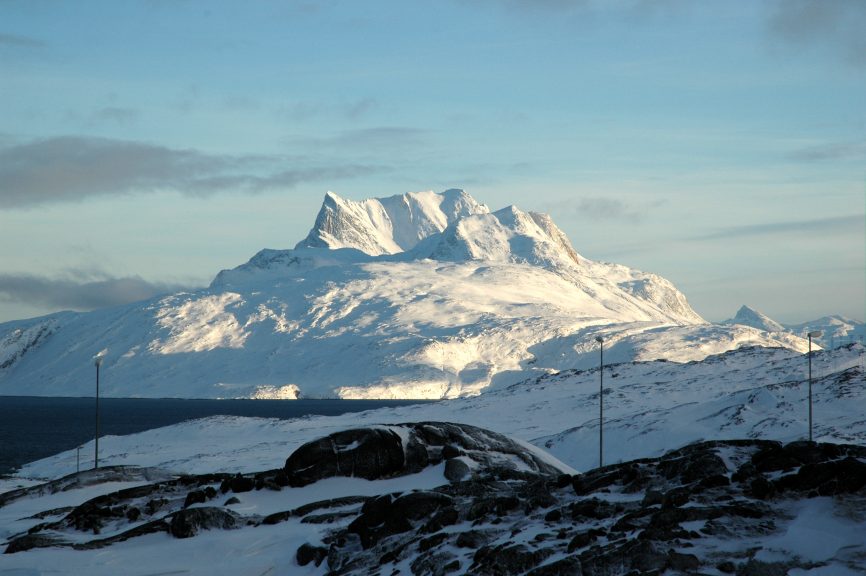
To apply for courses in the Arctic Science Study Programme (ASSP), please complete the “Student Information” form below. After submitting the completed form you will receive an e-mail with details on how to proceed with register for the courses and other practical information.
The ASSP offers graduate (masters) and PhD level courses. The courses in spring form one full semester (30 ECTS). Applicants applying for a full semester are given priority, however, it is possible to apply for single courses. You can find more information about the courses under Arctic Science Study Programme (ASSP).
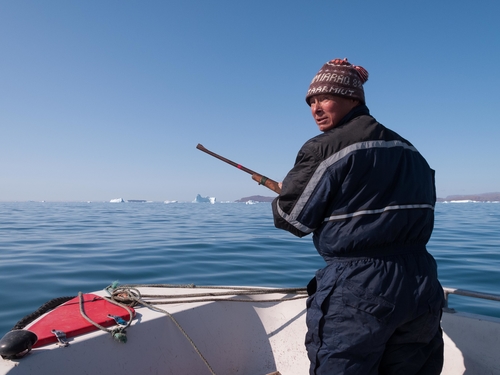
By Peter Bondo
The climate and the world economy are changing. In the Arctic the changes occur at an even faster rate. It is therefore vital to ask, how to best prepare for the future. Consequently, the Arctic Council has initiated an interdisciplinary assessment of possibilities for adapting to a changing Arctic, and two of the pilot areas are Baffin Bay and Davis Strait and the abutting land areas (West Greenland and the eastern Arctic Canada).In cooperation with the Greenland Institute of Natural Resources and the Northern Contaminant Program in Canada, Arctic Research Centre at Aarhus University and ArcticNet at Université Laval have directed the extensive work publishing the analyses in the AMAP report called ‘Adaptation Actions for a Changing Arctic: Perspectives from the Baffin Bay/Davis Strait Region’. The report has just been published. AMAP is one of six work groups of the Arctic Council.
All major players taken into counsel
In Greenland and Nunavut the project was launched with workshops. The participants were players and managers from the industry, fisheries, NGOs, the Greenland Government, the Nunavut Government and municipalities. The workshops resulted in seven selected themes for further study: living resources, exploitation of raw materials, marine traffic, infrastructure, tourism, health and education. For each theme, a group of authors, consisting of research scientists from Greenland, Denmark and Canada, has analysed the current status and trends as well as produced adaption options for how society best prepare for the future – in the next few years as well as up to 50 years.The work in Greenland has been directed by the Arctic Research Centre at Aarhus University and the Climate Research Centre at the Greenland Institute of Natural Resources, with participation of Ilisimatusarfik (University of Greenland) Danish Meteorological Institute, Aalborg University, Technical University of Denmark, University of Copenhagen and several Canadian universities.
A wide range of adaption options
“The work has been challenging. When it comes to climate changes, and not least the world economy, we are dealing with huge uncertainties. Working across disciplines to this extent on mutual analyses and adaption options has been a new approach to both the Arctic Council and the many scientists,” says Head of Research and Advisory Anders Mosbech, Aarhus University, who as co-chair has been at the forefront of the work. The options include specific measures, such as building regulations based on that the permafrost is melting.Other adaption options are directed at developing a society more robust to an unpredictable future. Options range from ensuring higher living standards and higher level of education to establishing catastrophe funds, for example, to support sheep farmers affected by drought.In September, a series of workshops will be held in Nuuk, where the options and considerations of the report will be presented.The work has received financial support from the scheme ‘Danish Cooperation for Environment in the Arctic’ (DANCEA) of the Environment Protection Agency of Denmark.
See the full report here
For more information, please contact:
Malene Juul Simon, Head of Department, Greenland Climate Research Centre, email: masi@natur.gl, phone: +299 361250
Anders Mosbech, Head of Research and Advisory, Danish Centre of Environment and Energy and Arctic Research Centre, Aarhus University, email:amo@bios.au.dk; phone: +45 294 40203
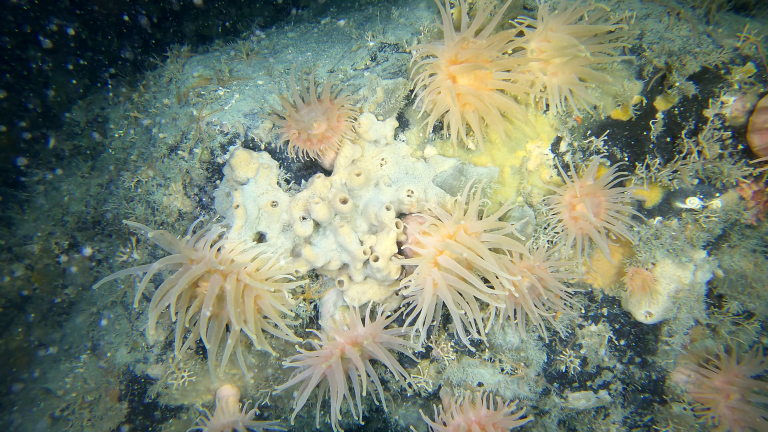
The Greenland Climate Research Centre and the Greenland Institute of Natural Resources have received funding of DKK 17.2 million for ..
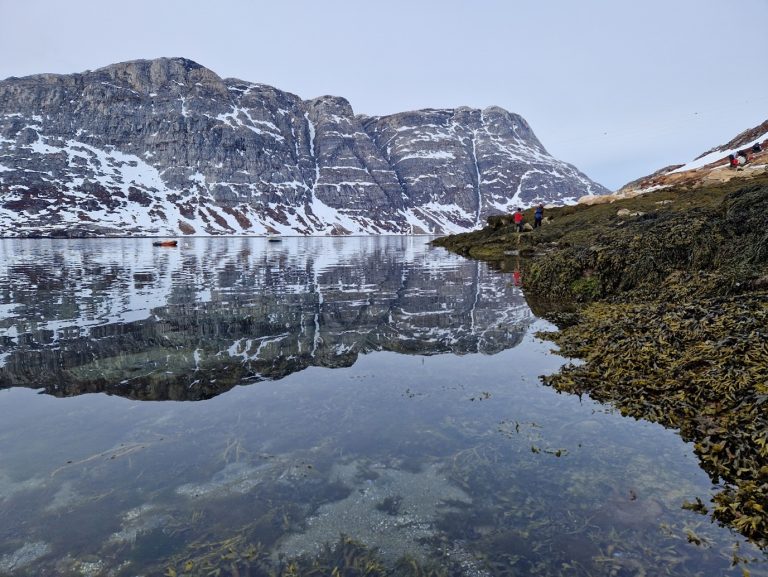
Macroalgae or seaweed are dominating rocky coastlines globally. Even here in Greenland, we can see small kelp such as the ..
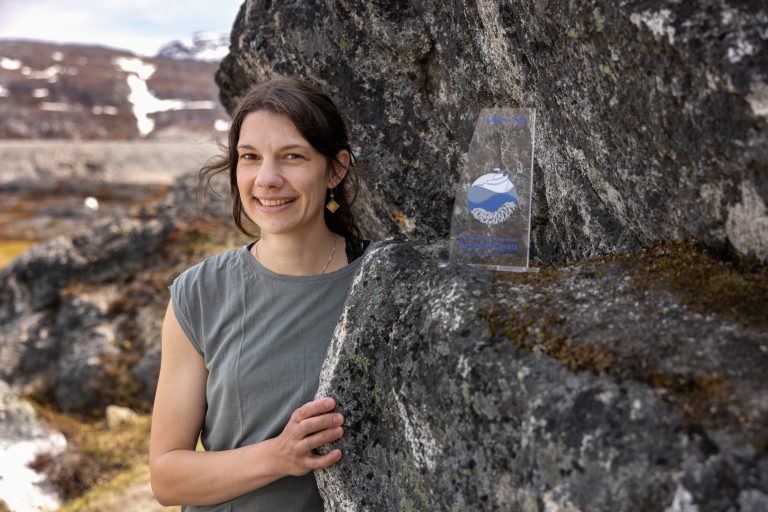
The dark, cold deep sea harbors many unseen treasures, one of which is corals that most people only associate with ..